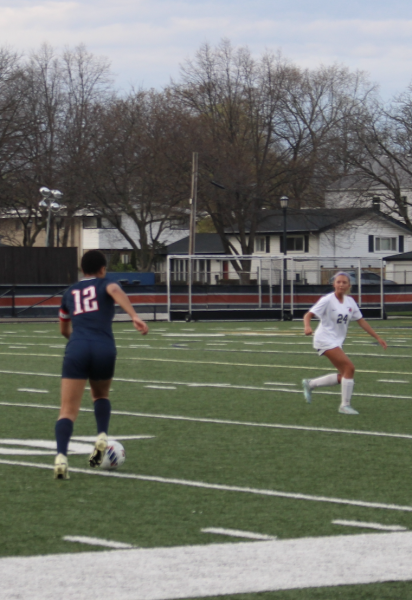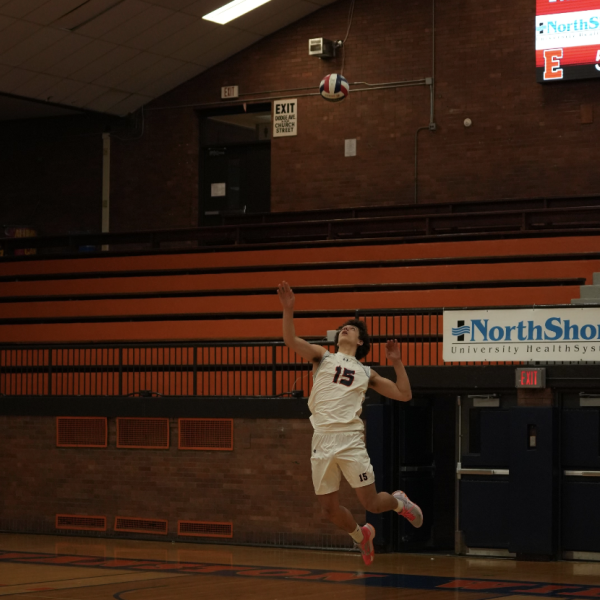Athletes should continue to get admission benefits
If you think the benefits that otherwise academically unqualified athletes get when applying to college are unfair, you are ignoring the holistic review that your own application will receive.
As an athlete myself, I understand that athletes who are talented enough to play collegiately have worked their butts off to get to that point. The commitment to athletics–just like Student Council, YAMO, Community Service, band, etc.–takes up countless hours of free time which the average student would otherwise to do school work.
Luckily, the college admissions process is a holistic review, which means colleges look at more than just the standardized test scores and GPA.
This holistic review is given to all students at all schools: the common student, athletes, actors and musicians alike. Obviously, students with good grades and standardized test scores will get into top schools, just like students with elite athletic ability and potential will play in top athletic programs. Students with outstanding acting ability will go to top theatre schools, just like students with incredible math ability will go to top math programs. You get the point.
Athletes are also a major asset to the university–especially major D1 football programs. In recent years, the revenue of the University of Alabama football team exceeded 80 million dollars annually. 80. Million. Dollars. Not only are athletes a financial asset to the school, elite men’s basketball and football programs significantly raise the numbers of applications a school receives. This allows the school to raise its selectivity and become more competitive in admissions.
A recent study on the matter by marketing expert Doug J. Chung concludes “when a school rises from mediocre to great on the (football field), applications increase by 18.7 percent.”
Athletes also help their college as they are an appealing prospect to graduate schools. Athletes have learned superior time management skills, leadership ability, and teamwork skills–off the field talents which are also important outside the classroom. Colleges understand that.
I must acknowledge that, on average, student-athletes have slightly lower GPAs than non-athletes. Some will struggle in the classroom. Some will probably even struggle so much that they have no choice but to transfer.
To that point, colleges are attempting to fix the issue. The core academic standards that athletes have to meet to play in college have risen in the past couple of years. It is getting academically harder to play in college.
To all you naysayers, stop whining about the just benefits that athletes get. It’s not going to change anytime soon. Colleges understand that, and so should you.
Your donation will support the student journalists of the Evanstonian. We are planning a big trip to the Journalism Educators Association conference in Philadelphia in November 2023, and any support will go towards making that trip a reality. Contributions will appear as a charge from SNOSite. Donations are NOT tax-deductible.






